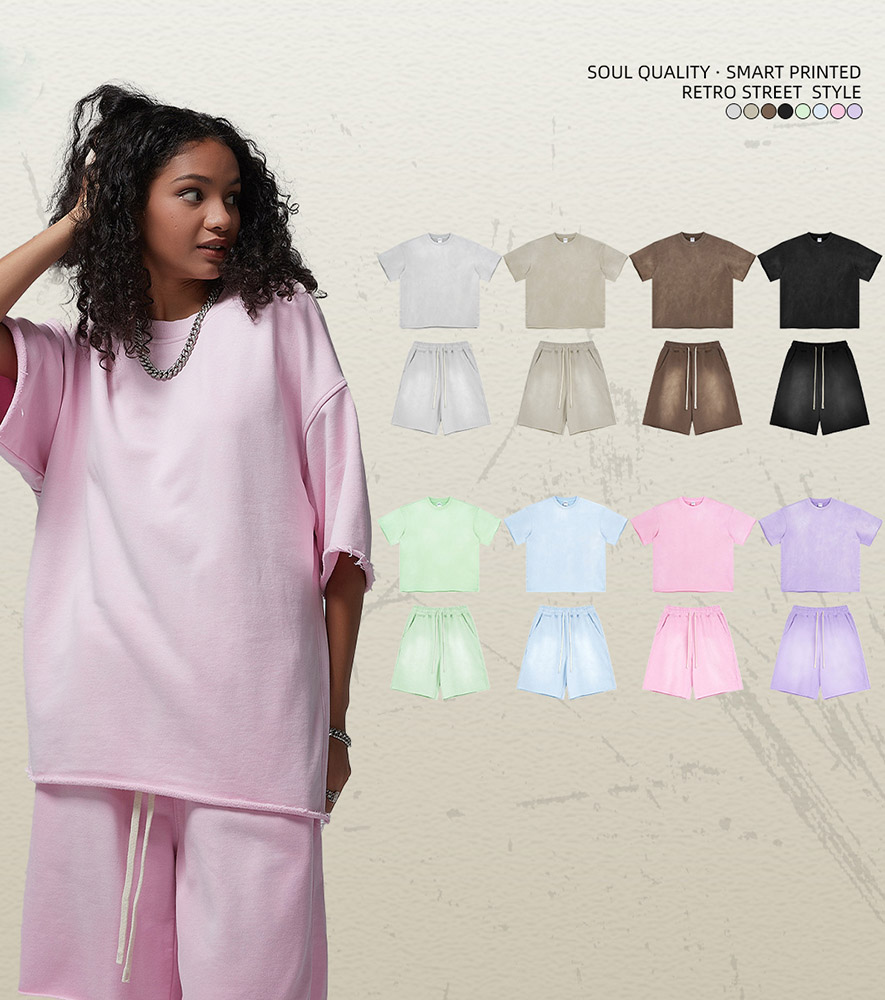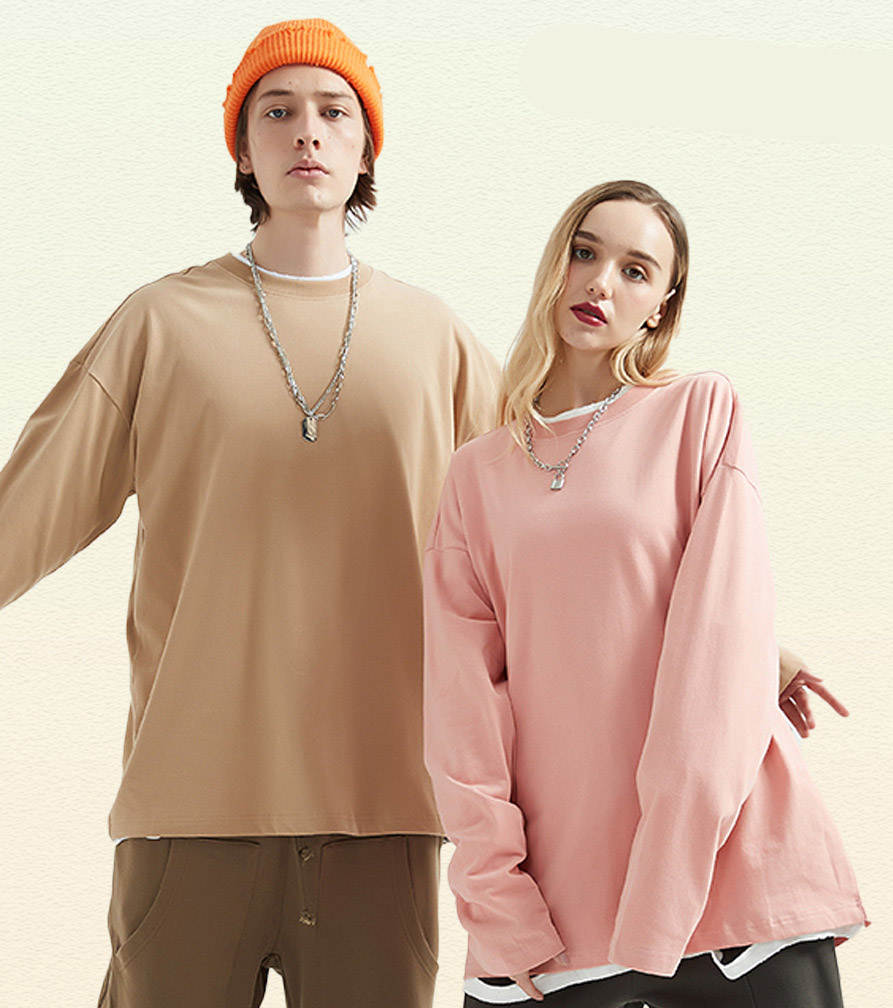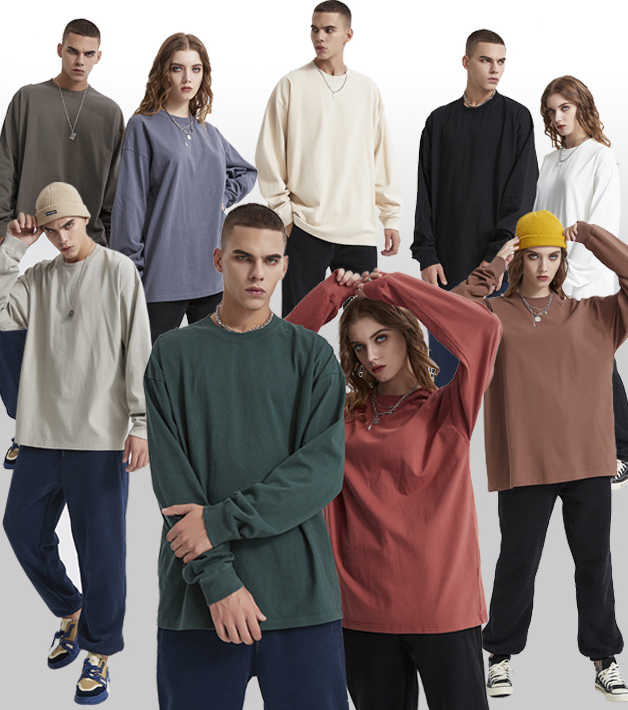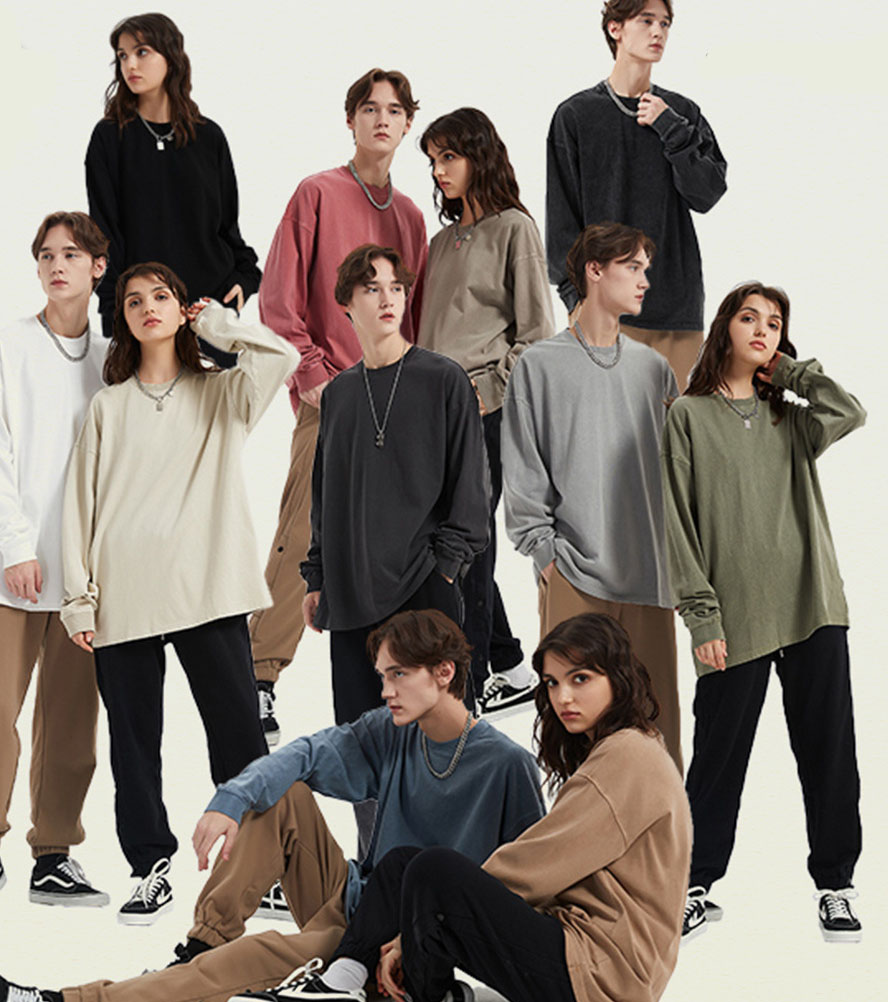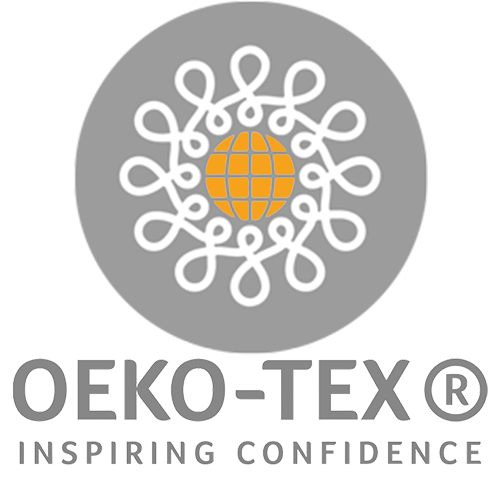With technological advancements, conducting business has become simpler and more accessible, facilitated by a variety of platforms that ease diverse commercial activities.
Recently, we interviewed a client who earned a million dollars through brand apparel business. Drawing from his firsthand experience and our decades of collaboration experience with clothing brands, we have crafted this business guide.
Let this guide assist you in understanding the operations and considerations of a branded clothing about t-shirt business.

Step 1:Market Research
At the outset, it’s best to first familiarize yourself with the industry and its current conditions. At the very least, we should know the answers to the following questions: What’s the Apparel Business Landscape?What is the outlook for online apparel sales? Which types of T-shirts are selling well? Market research will inform you about who is selling, who is buying, and why they are buying.
What’s the Apparel Business Landscape?
Grasping the apparel business landscape aids brands in making informed decisions, impacting everything from product innovation to market strategies. It enables brands to spot trends, adapt to consumer demands, and stand out in a competitive field.
Insights into the landscape also help tackle challenges like supply chain management and adopting sustainable practices, essential for staying relevant and agile.
As of 2023, the apparel industry is evolving with a focus on sustainability, digitalization, and consumer-centric models. Shoppers increasingly favor eco-conscious products, pushing brands towards greener practices.
E-commerce continues to grow, urging brands to enhance online experiences and integrate omnichannel approaches. The rise of D2C models and personalized services shows brands striving for direct engagement with consumers, highlighting the importance of agility and innovation in today’s market dynamics.
What is the outlook for online apparel sales?
The outlook for online apparel sales is pivotal for brands as digital commerce grows. Insights into online sales trends guide brands in enhancing e-commerce strategies, customer engagement, and operational efficiency.
Adapting to digital shifts ensures brands meet consumer expectations in a competitive online marketplace, influencing their success and growth.
By 2023, online apparel sales show robust growth, driven by the shift towards digital shopping, mobile commerce, and social media engagement. The emphasis on sustainability and ethical practices also shapes consumer purchasing online.
These trends indicate a bright future for online apparel sales, highlighting opportunities for brands to innovate in the digital sphere.
Which types of T-shirts are selling well?
Identifying top-selling T-shirt styles is key for apparel brands to refine product lines, optimize stock levels, and target marketing.
This insight allows for strategic alignment with consumer trends, enhancing competitiveness and profitability.
Up to 2023, sustainable T-shirts, unique graphic designs, quality basics in neutral tones, and athletic performance wear have dominated sales.
These trends reflect growing eco-awareness, youth culture engagement, wardrobe versatility demands, and a health-focused lifestyle, guiding brands in meeting consumer preferences effectively.

The apparel business is ripe with opportunities. There’s always a demand for clothes as fashion trends continuously evolve, offering endless selling possibilities.
However, this opportunity also comes with stiff competition. Where to start in the apparel business? When pondering how to launch your clothing venture, it’s crucial to find a way to stand out in a saturated market.
Step 2: Crafting a Business Plan
A clear, goal-oriented plan is indispensable. Although your initial plan might not be perfect, without it, you can’t take your first step towards becoming a millionaire.
Base your plans on your market research,this will ensure you’re on the right path.
A business plan acts as a roadmap for your clothing brand. It helps identify the goals you wish to achieve, potential challenges and obstacles, and the resources needed to reach these goals.
Beneficial not only to you but also to your team, partners, investors, and lenders, a business plan is a tool for both the present and the future.

Choosing a Company Name and Creating a Logo
This step is not just about choosing a name or an image, it’s more like crafting your brand’s business card.Of course, if you need our help, we also offer logo customization services and custom clothing tech pack services.
Select the apparel products to sell
Identifying your apparel products is a crucial step that will help you understand what preparations are needed for subsequent work.
As a business guide for T-shirts, we offer big data product selection services, allowing us to start by choosing some newer and more popular styles, or create an entire series for your debut.
Additionally, our apparel customization services enable a unique approach to product development that can significantly resonate with your target customers.
There are numerous methods to conduct a clothing business, but regardless of your approach, it’s best to leverage insights and customized offerings to find product ideas that truly connect with your audience.
Choose your business model
Where to start with a clothing brand business? You can use various business models to run your clothing business, each with its own advantages and challenges. Options include Print on Demand (POD), private labeling, drop shipping, and more. The choice of model should be based on your specific needs.
Determine your various cost issues
When starting a clothing business, the costs include purchasing costs, personnel costs, venue costs (for physical stores), software costs (for online stores), and logistics costs. You need to calculate an approximate cost for each part in advance.
If you want to know more details, please contact us directly.
Step 3: Take Action and Establish Your Platform
Once you’ve gathered all necessary information and devised your plan, it’s time to take action. When setting up your platform, having a clear marketing strategy is crucial. This can significantly enhance your efficiency, saving both time and costs.
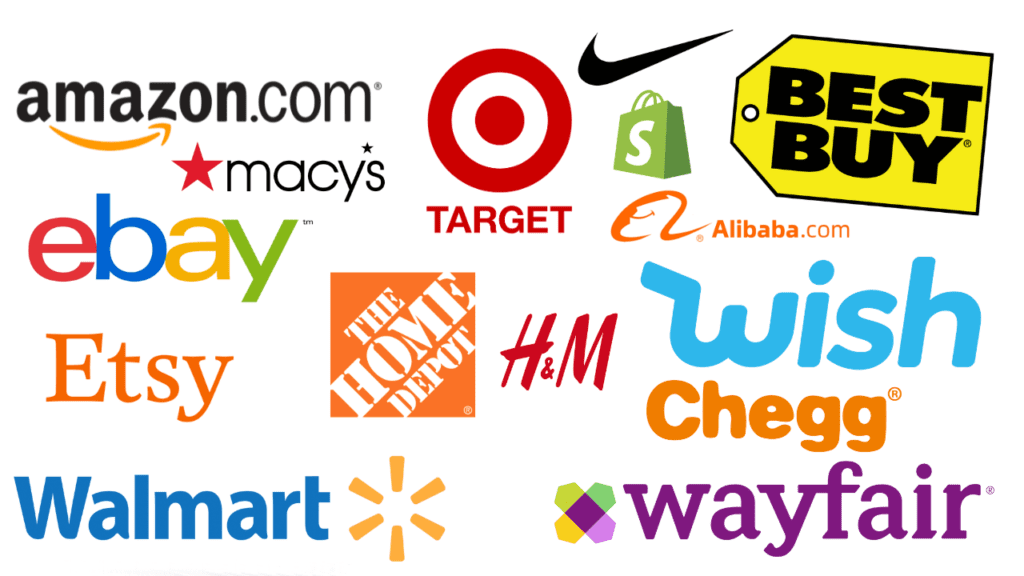
Navigating various international trade platforms isn’t something that can be summarized in a sentence or two. If you don’t have a specific platform in mind, consider reaching out to us to learn more about the options available.
Step 4: Find the Right Suppliers According to Your Needs
When it comes to sourcing suppliers, it’s essential to align your search with your specific requirements.
For those launching a new brand, it may be necessary to explore and compare several suppliers to find the best match.
You can also read our blog post about T-shirt manufacturers’ rankings to understand the situation.
Step 5: Develop Your Logistics System
Regarding logistics, Some suppliers offer logistics services, like us Modaknits Apparel. Others may require you to handle customs and clearance, which can be more complicated. This might necessitate finding a reliable freight forwarder.
If you aim to be a successful clothing brand owner, having your own logistics system is advisable.

Conclusion
After completing these steps, your brand’s apparel supply chain is essentially in place. The next steps involve continually developing new products, optimizing marketing content, and promptly replenishing stock of best-sellers.
This guide is applicable not only to T-shirts but also to other types of apparel, although recommendations might vary based on the type of clothing. While these steps might seem straightforward, their implementation is not always easy.
As you embark on this journey, it’s crucial to believe in your potential for success. After all, it’s often said, “Confidence is the key to success in any endeavor.” We also believe that all our clients can achieve success.




